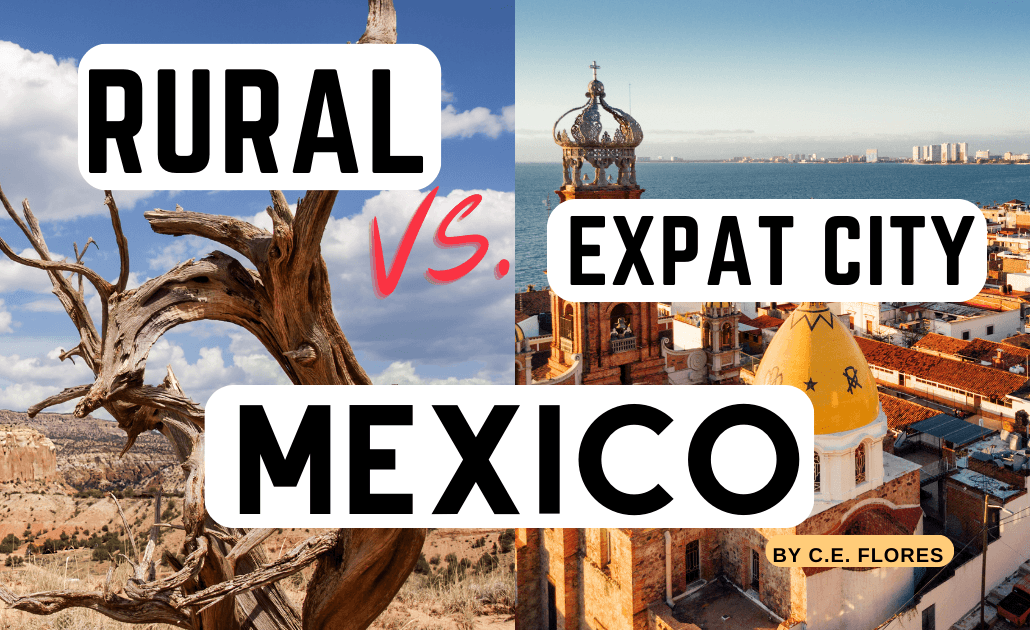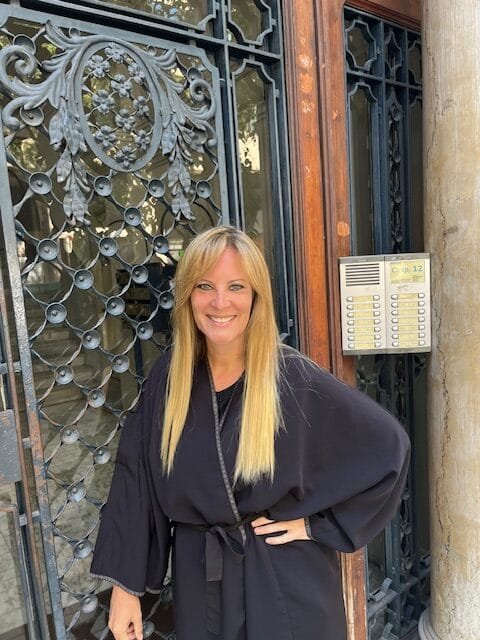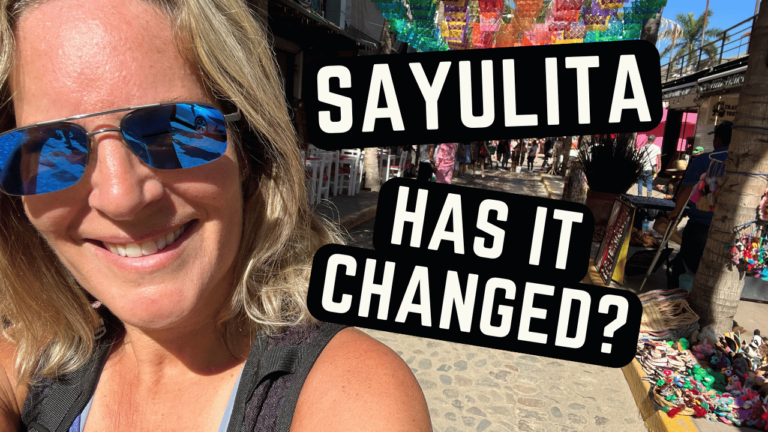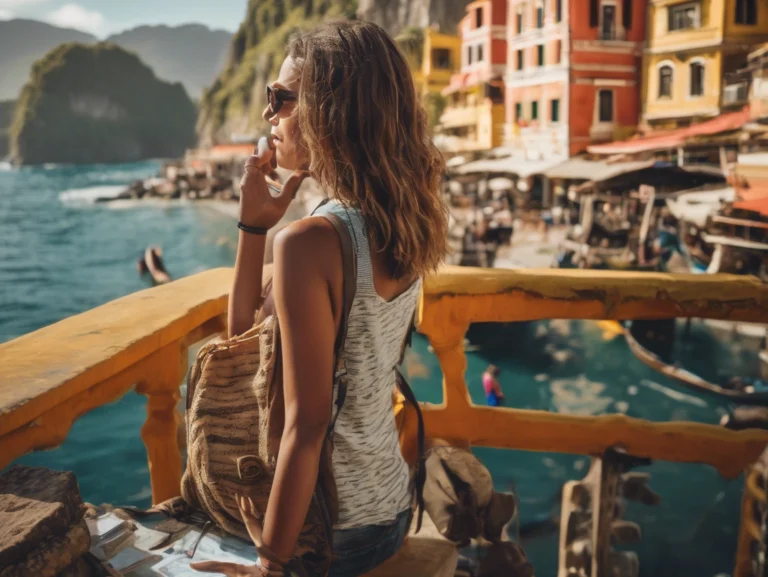Contrasting Lifestyles: 5 Key Differences Between Rural Mexico and Expat Communities
Contrasting Lifestyles: 5 Key Differences Between Rural Mexico and Expat Communities Facebook Youtube Instagram Table of Contents Rural Mexico or City Life? Which is Better? Mexico’s diverse landscapes and rich cultural heritage attract digital nomads, immigrants, and expats worldwide. However, when choosing a home base, you might forget to…
Contrasting Lifestyles: 5 Key Differences Between Rural Mexico and Expat Communities
Table of Contents
Rural Mexico or City Life? Which is Better?
Mexico’s diverse landscapes and rich cultural heritage attract digital nomads, immigrants, and expats worldwide.
However, when choosing a home base, you might forget to consider the vastly different experiences of rural life versus residing in communities with a significant expatriate presence.
In this article, we are going to discuss five (5) key differences between living in an expat area in Mexico versus living in and getting established in parts of rural Mexico, so you can increase your knowledge on what is the right or best move for you.
Life in Rural Mexico
You would not believe how often I’ve heard expats dreaming of owning a little acreage off-the-beaten-path in rural Mexico.
However, the reality of life in rural Mexico can be a far cry from that utopia.
I should know!
I’ve lived in rural Mexico for nearly two decades, and it hasn’t been an easy adjustment at times.
Living in rural Mexico offers residents an unparalleled opportunity to immerse themselves fully into Mexico’s rich and ancient culture.
Many areas are populated by indigenous groups which maintain a lifestyle deeply rooted in traditions and local customs.
Living in rural Mexico will allow you to experience traditional festivals, and regional cuisines and connect with locals.
However, these pockets of tranquility are not as open to receiving strangers as one might hope.
It may be harder for you to make friends and find a supportive community.
Connect with C.E. Flores
If you find yourself in rural Mexico and are searching for a virtual tribe, I invite you to join my Facebook support group, Women Surviving Rural Mexico. We’d love to meet you!
Spanish and Indigenous Languages
Going about your daily activities will be a struggle if you don’t speak fluent Spanish.
Then in some areas, Spanish is not the predominant language, and transactions are conducted in the local dialect. According to the National Institute of Indigenous Peoples (INPI) in Mexico, 69 officially recognized indigenous languages exist.
These languages belong to various language families, including Nahuatl, Maya, Mixtec, Zapotec, Otomí, Totonac, and many others.
Rural Mexico: Is it Affordable?
Rural Mexico is generally more affordable than urban and expat-centric areas.
Housing, transportation, and daily expenses are often more economical, allowing for a simpler and potentially more sustainable lifestyle.
However, rural areas may have limited infrastructure, including essential services such as healthcare, education, and reliable internet connectivity.
Because of my own struggles, I’ve written a series of books geared toward helping women make the adjustment to a different standard of living in rural Mexico.
Contrast: Life in Expat Communities
On the other hand, living in areas with expat communities may provide you a more cosmopolitan environment.
Expats bring diverse perspectives, introducing new ideas, languages, and cultural practices.
While this can enhance the sense of community and foster cultural exchange, it may also lead to the dilution or fusion of local traditions.
Expatriate communities provide a ready-made support network for newcomers.
Shared experiences, common languages, and a similar cultural background can help ease the transition into a new country.
The expat community often organizes social events, clubs, and support groups, providing a sense of familiarity and assistance when needed.
Related: See our Resource Page for additional information
Need an eSIM? Airalo offers an impressive range of eSIM options, including local, regional, and global plans, covering over 200 countries. This extensive coverage ensures that no matter where your travels take you, Airalo has a solution to keep you connected seamlessly. Download Airalo from the App Store today.
Is English Spoken in Expat Communities? The Importance of Learning Spanish
In expat communities, more residents speak English, which can be an advantage for those who do not speak Spanish fluently.
However, relying primarily on English may limit opportunities for language acquisition and integration into the wider Mexican society.
Finding a balance between engaging with the local culture and enjoying the expatriate community is essential to fully embracing the Mexican way of life.
Infrastructure in Expat Areas
Expat communities tend to be located in areas with more developed infrastructure and amenities.
Access to quality healthcare, international schools, modern conveniences, and a wider range of goods and services is typically more readily available.
This increased level of comfort, however, comes at a higher cost of living.
Gentrification
And finally, the gentrification process, resulting from increased tourism and foreign residence, often leads to tensions between local communities and expatriates.
In the context of Mexican expat communities, the influx of foreigners can bring both positive and negative impacts.
Positive Aspects of Gentrification
On the one hand, expats may contribute to the local economy by investing in businesses, real estate, and tourism-related ventures.
They can also bring new perspectives, skills, and cultural exchange to the community, fostering economic growth and development.
Downsides of Gentrification
However, the rapid increase in tourism and foreign residence can also adversely affect the local population.
As property values rise, it becomes more difficult for long-time residents, particularly those with lower incomes, to afford housing and maintain their way of life.
This can lead to displacement, as locals are pushed out of their neighborhoods due to escalating rents or property speculation.
Shifting the Culture
Moreover, as new businesses cater to the incoming expat population’s needs and preferences, the neighborhood’s character may change.
Traditional local businesses and cultural establishments may struggle to compete with tourist-oriented enterprises, altering the cultural fabric and identity of the area.
As you can see, both options have advantages and challenges, and if you are planning on settling in Mexico, you need to consider these when choosing a home location.
Mexico is a huge diverse country, and I’m sure if you are determined enough, you’ll find the perfect location for however long you may be here.
C.E. Flores writes about her wild and crazy off-grid life in rural Mexico at SurvivingMexico.com.
Are you thinking of making a move to Mexico? Are you considering rural Mexico or wish to live in a larger community? Drop a comment, or question and share your thoughts!
This page contains affiliate links for products and services we recommend. We may receive a commission at no additional cost to you. As an Amazon Associate, we earn from qualifying purchases.







